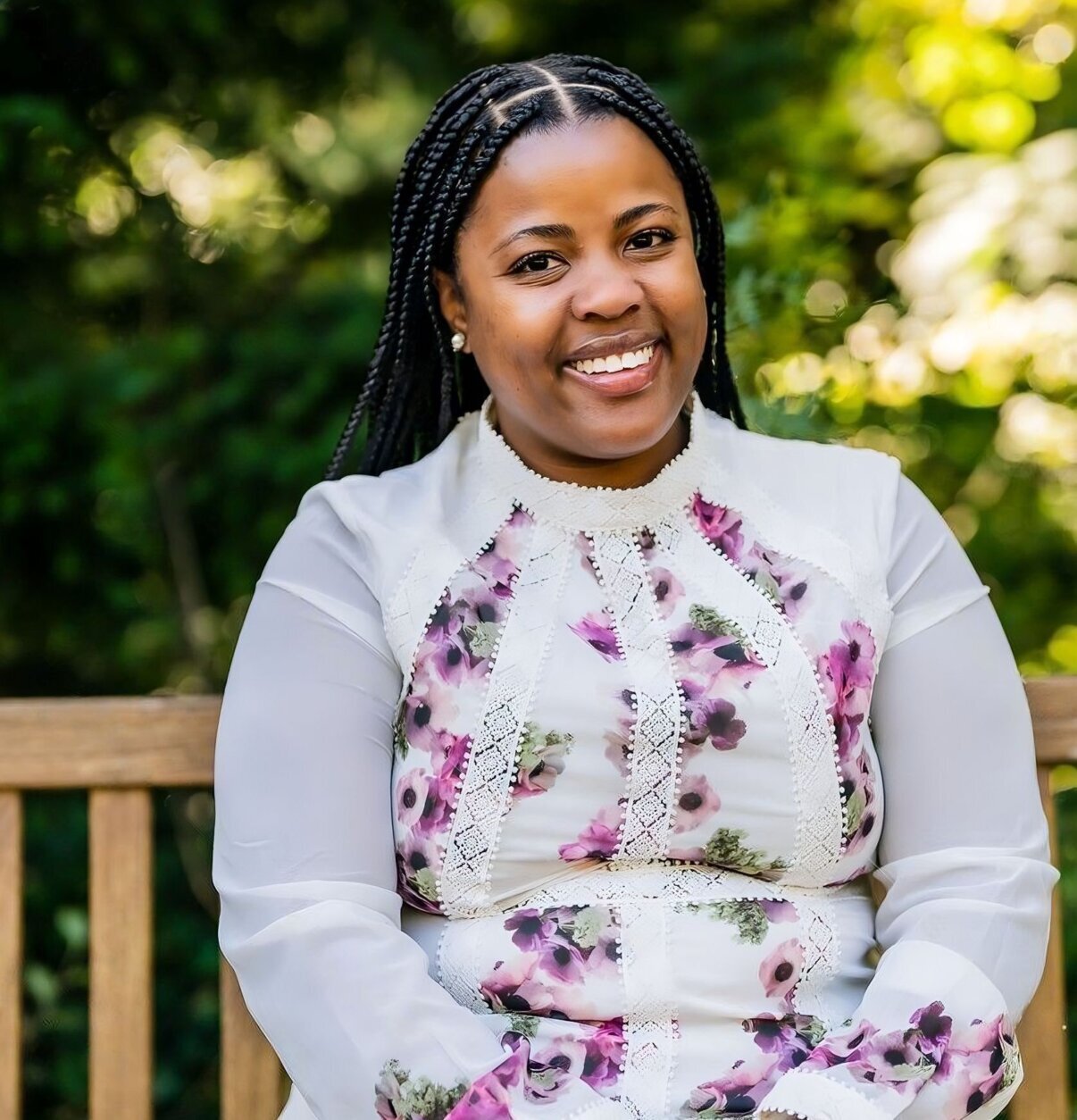
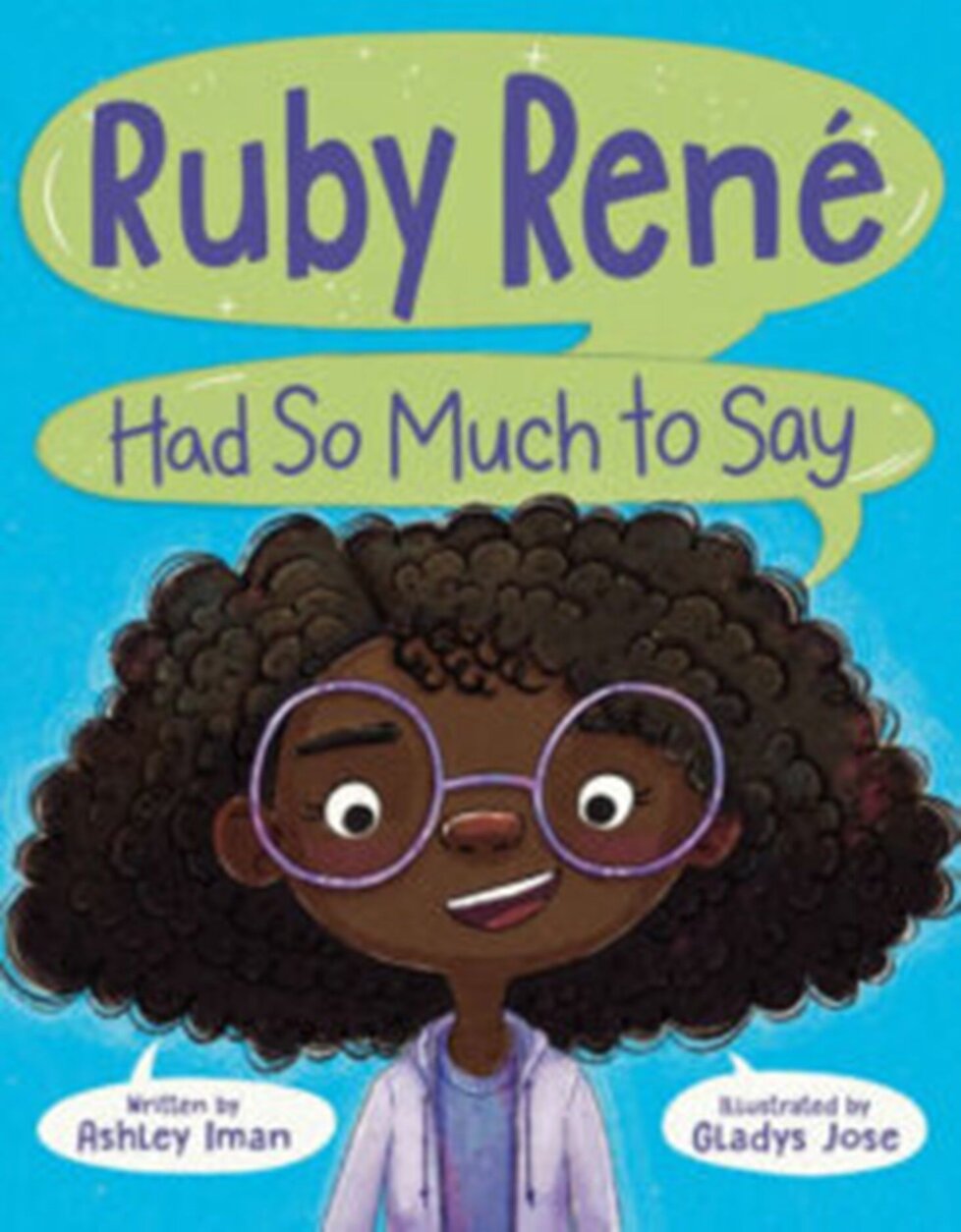
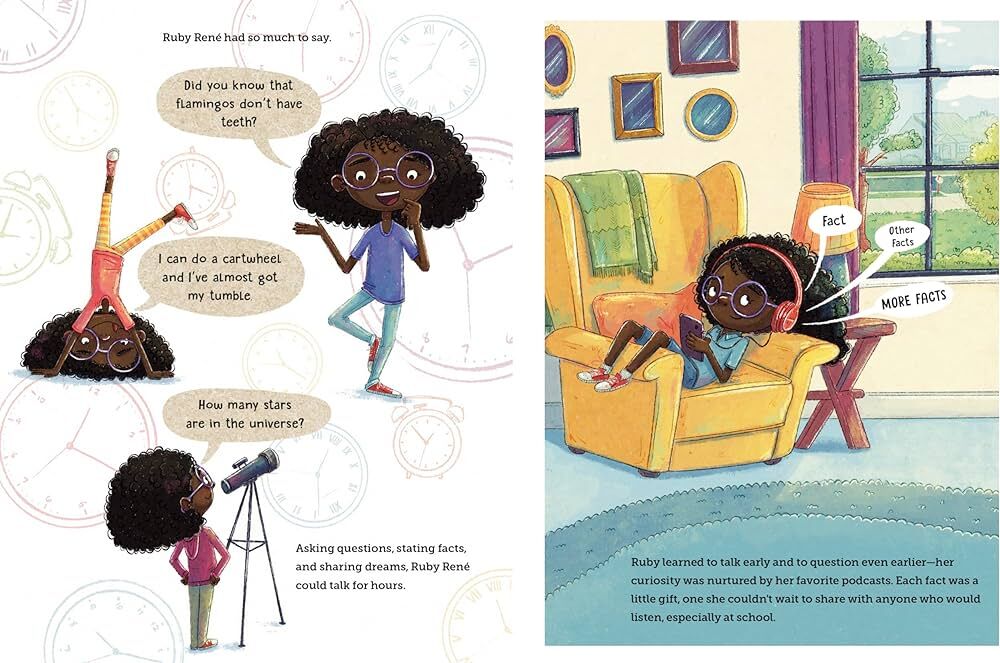


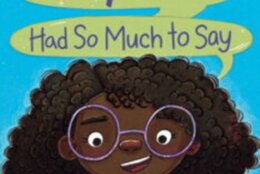
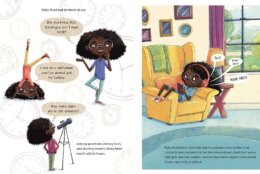
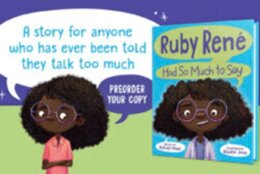
Former teacher turned children’s author Ashley Iman has one message for talkative Black girls: “Find your voice and use it often.”
Iman’s new picture book, “Ruby René Had So Much to Say,” follows 8-year-old Ruby, a third grader who enjoys sharing newly learned facts, witty insights and big dreams with everyone, everywhere. But a teacher called home because she found Ruby’s sharing a distraction.
It’s a problem for Ruby until another adult finds the perfect outlet for her gift of gab, according to the book’s description.
Iman shares a special connection with the character.
“I absolutely was Ruby René,” she told WTOP. “I was very talkative and curious as a child.”
Iman got the idea to write the book during the COVID-19 pandemic while on leave from teaching because schools had shut down.
“I started going through old childhood journals,” she said. “I noticed that there was a point when I was vibrant and fun, and it started to go down a bit. And I started thinking, ‘Why did I stop being so talkative and fun?'”
The memories came flooding in.
One of those flashbacks was of a white student at her Manassas, Virginia, elementary school calling her “loquacious.” She said there were few Black students at her school.
“We had just learned what the word meant as a vocabulary lesson,” said Iman. “He wasn’t wrong. I was very loquacious. But he also felt that it sounded like a Black girl’s name and thought it would be funny.”
The put-down stuck and soon other children were using it, too.
“I got some negative feedback that I was too loud, too talkative and too much,” she told WTOP. “And I just stopped. So, if you asked folks that I went to middle and high school with, they would have said that I was quiet. That’s not me.”
Iman believes many Black girls experience the same thing. Instead of being perceived as intelligent and witty, they’re seen as troublemakers, and their chattiness is considered disruptive and annoying.
That’s when Iman decided to rewrite her story, calling the book her “freedom dream of what could have been true.”
The book also comes at a time when Black girls are disproportionately punished more than white students in schools.
The author said she wrote the book for fellow teachers to change how they see expressive Black girls.
“It is documented that Black girls are much more likely to be punished or seen as insolent or insubordinate,” Iman said. “That’s why it was even more important for me to write this book. I wanted to reclaim Black girlhood.”
Get breaking news and daily headlines delivered to your email inbox by signing up here.
© 2024 WTOP. All Rights Reserved. This website is not intended for users located within the European Economic Area.







